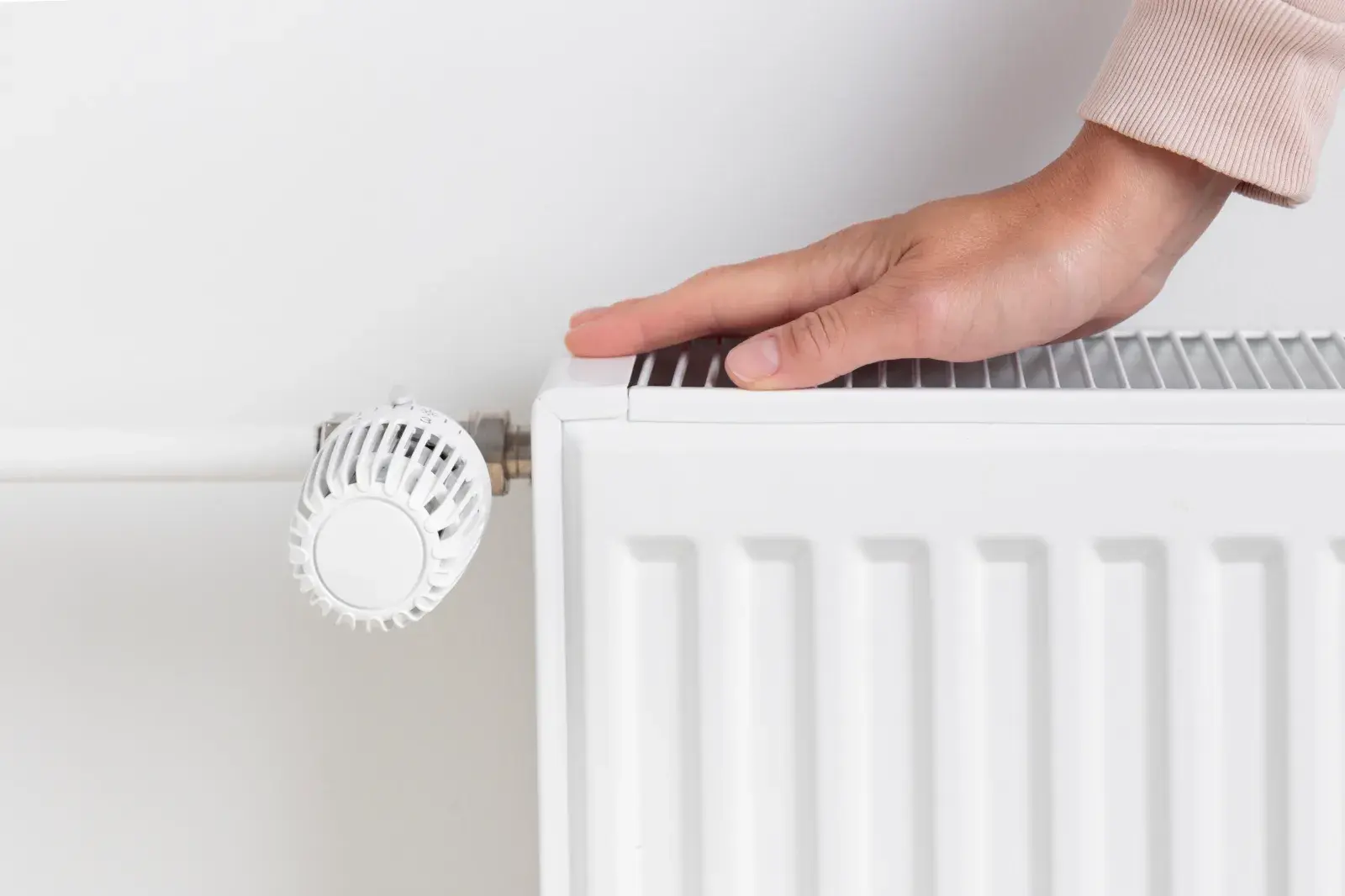Americans relying on the Low-Income Home Energy Assistance Program (LIHEAP), which helps those in low-income homes cover energy costs, have been warned in some states that payments could be delayed amid the ongoing government shutdown.
The program is funded by the federal government, which provides the funding each year to states, and states then distribute the benefits to their eligible constituents, meaning that during the shutdown, the program's federal funding has been paused.
Why It Matters
Families having to manage without these benefits will likely struggle, experts have warned. Sanya Carley, director of the Kleinman Center for Energy Policy at the University of Pennsylvania, told Newsweek: "The impact of delayed LIHEAP payments could be significant and widespread."
She said that one in four American households "struggle to pay their energy bills and keep their homes at livable temperatures."
...
David Konisky, a professor of public and environmental affairs at Indiana University, told Newsweek that some states have LIHEAP "reserves or separate pots of money to provide emergency assistance for a limited time." However, he said that most states are "not in a financial position to replace the loss in federal funds."
"States may take some other actions, such as encouraging utilities to postpone utility disconnections for customers who fall behind on their bills," he added.
What People Are Saying
Sanya Carley, director of the Kleinman Center for Energy Policy at the University of Pennsylvania, told Newsweek: "At a time when energy prices are rising significantly across the country, and as we head into the cold winter months when energy bills are typically higher, energy insecure households will be even more in need of bill assistance. Without financial support, they will have to resort to dangerous financial and behavioral coping strategies. Energy prices have risen 30 percent on average over the past five years, and at a rate higher than inflation. The cost of food has risen significantly over the past year. These cost increases are coupled with a delay and possible longer-term disruption to SNAP benefits. And housing costs are also soaring.
"States are responding in different ways. Some, such as Connecticut, are able to cover the costs of LIHEAP for a month, maybe two, while waiting for the government to reopen and funds to be released. But not many states are in a position financially to cover these costs. Others are considering whether to impose shut-off moratoria until funding is reinstated. In some places, such as Pennsylvania, the utilities have volunteered to suspend shut-offs temporarily."
David Konisky, a professor of public and environmental affairs at Indiana University, told Newsweek: "The impact of delayed LIHEAP payments is potentially severe. Millions of Americans rely on federal energy assistance, and the government shutdown puts them at further risk of falling behind on their utility bills and potentially losing service altogether. The timing could not be worse, as we enter the winter months and as electricity prices are soaring across the country.
"In normal times, many Americans experiencing material hardship face difficult tradeoffs, such as whether to buy food for their families or pay energy bills to heat their homes. Simultaneously losing energy assistance and SNAP benefits makes these tradeoffs even more acute and will push some people into a debt spiral with potentially long-term effects for their well-being."
...


